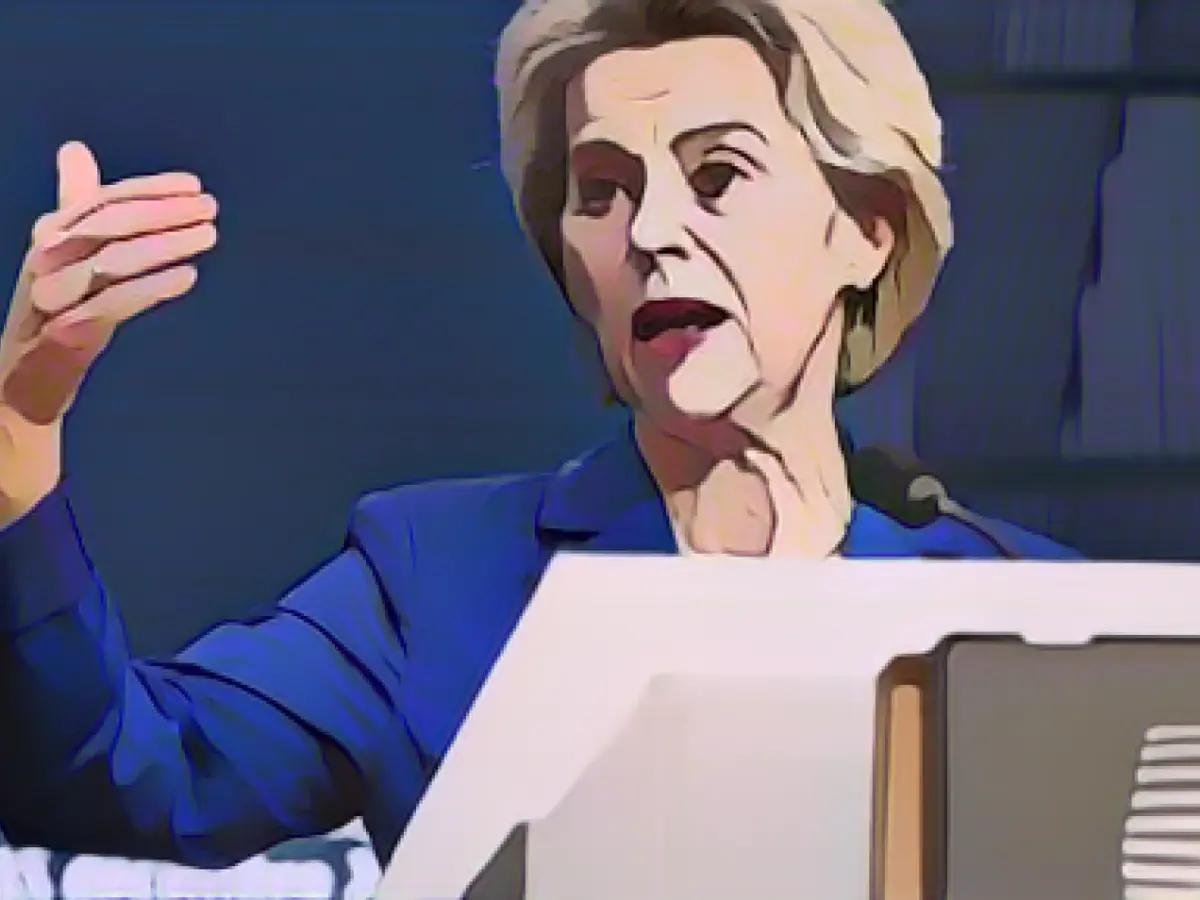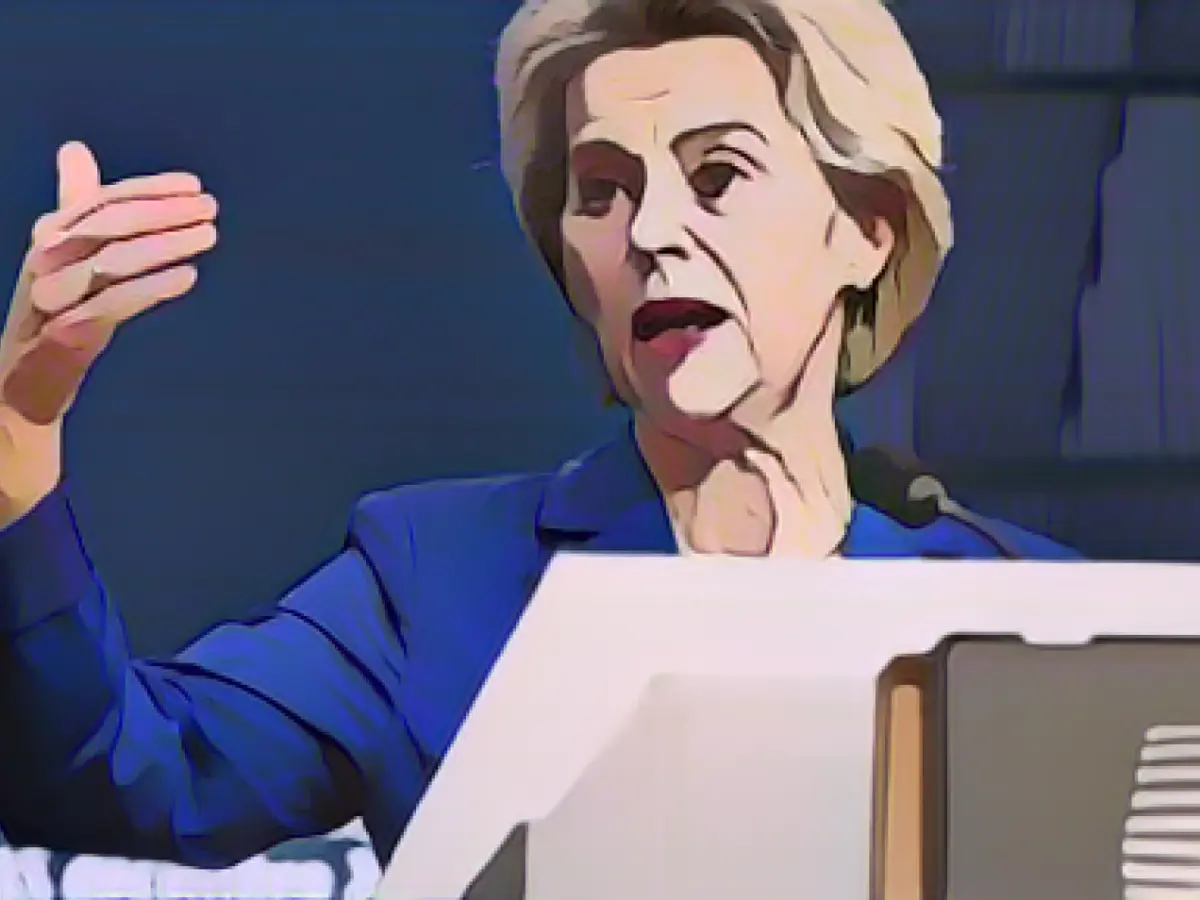EU Disputes Ukraine Aid Implementation without Hungary's Consent
Following the blockade of Ukraine aid, the European Union (EU) has not ruled out the possibility of implementing solutions without the cooperation of Hungary. The point of contention involves the release of over 50 billion euros in aid to Ukraine.
At the summit meeting of the 27 heads of state and government, Prime Minister of Hungary, Viktor Orban, maintained his opposition towards releasing the aid funds, using the term "veto" to describe his stance. Negotiations were therefore put on hold.
A special summit to discuss further aid for Ukraine is scheduled at the beginning of next year. European Commission President Ursula von der Leyen assured that her office would find a feasible solution by then, regardless of the summit's outcome. Orban proposed that Ukraine aid should not be included in the EU budget, but his idea did not garner much support from the other 26 summit participants.
German Chancellor Olaf Scholz (SPD) expressed confidence in reaching an agreement in January on the 27. He rejected Orban's demand to release all EU funds frozen due to rule of law violations in Hungary as a prerequisite for supporting Ukraine’s aid. Scholz clarified that the "coffee trick," a European circumvention strategy used to bypass Orban's veto against accession negotiations with Ukraine, should not be a routine practice.
Orban initially denounced his veto being related to the frozen EU funds for Hungary. However, later on, he admitted that Hungary would not agree to Ukraine aid until all funds from Brussels, blocked due to rule of law deficiencies, had been released. The EU Commission had already approved 10 billion euros for Budapest, but this amount is only half of the total funds held in reserve.
Slovakian Prime Minister Robert Fico expressed concerns about the "obsession" with Ukraine. He considered the start of accession talks as an overrated political gesture and the Ukrainian President Volodymyr Zelensky's victory celebration premature.
The EU summit also discussed increasing the EU budget framework until 2027 for areas such as migration and defense, an idea that Orban is not in favor of. A council declaration revealed strong support for a 26-head-of-state agreement, with additional funding of 2 billion euros for external border protection, 7.6 billion euros for migration agreements, and 1.5 billion euros for investments in the defense sector. Scholz verified that German Finance Minister Christian Lindner (FDP) had made provisions for potential expenditure-related expenditures in the national budget compromise for the upcoming year.
Insights
The EU faces opposition from Hungary on several fronts, including extending sanctions against Russia, allocating a €20 billion aid package to Ukraine, and imposing sanctions on the head of the Russian Orthodox Church, Kirill. Potential solutions to overcome Hungarian resistance could include confiscating Russian assets, creating a new fund for military assistance, and relying on alternative funding mechanisms. However, the success of these strategies largely depends on the consensus among EU member states.
References:








